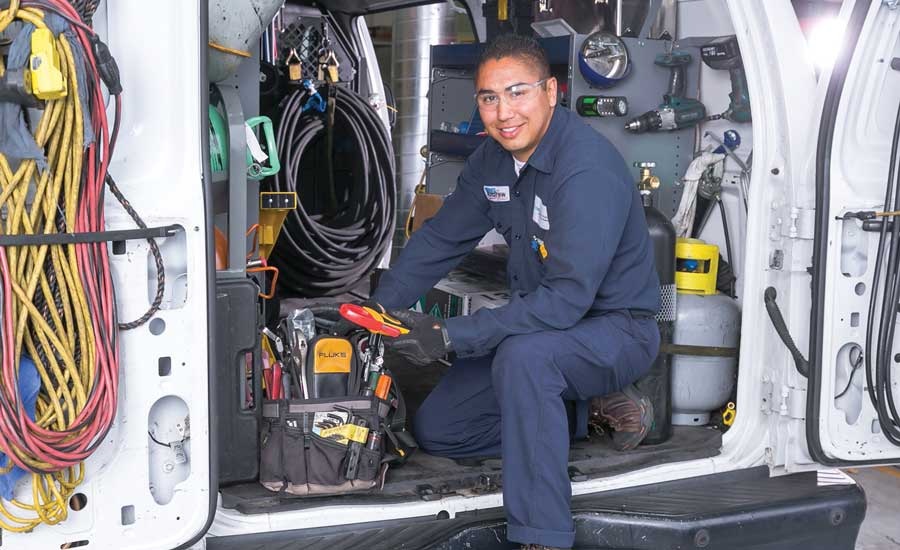Jocelyn bell changed the course of history. It is recognized in the scientific and astronomical world, because it was she who discovered and – gave them their names – pulsars, the stars that emit radiation so high that they seem like a beacon in the universe. That discovery even won the Nobel Prize in Physics in 1974… Although she never had it in her hands. Your thesis professor, Antony hewish, won the medal awarded by the Swedish Academy.
The scientist speaks in an exclusive interview for Technical review And she says that this happened because, in the decade of the 70s, it was not customary to award students with a Nobel (she was studying for her doctorate). That award was for members only seniors from the universities.
But, in the long term, the controversy for not receiving that distinction favored him, as it has been recognized throughout the world. In 2018, he won the Breakthrough Award consisting of three million dollars. And he decided to donate the money to promote diversity, through scholarships for PhD students in physics.. In 2021, he received the Copley Medal from the Royal Society of London.
Now, the scientist uses her voice and resources to bridge the gaps in research because, she says, “Diversity is very important to do good science”.
He adds that, Although there are more and more women in science, they are still a minority in physics, just like black people, refugees or people with disabilities.
Jocelyn Bell analyzed the data from the Mullard Radio Astronomy Observatory so carefully that she detected abnormal signals coming from a neutron star. (Photo: Courtesy of Jocelyn Bell)
The gender gap
How did you find out that you wanted to be an astronomer?
As soon as I started studying science in school – around the age of 12 – I discovered that I was good at physics and that I liked it; chemistry was fine, biology was boring. So I began to think that I could pursue a career in physics.
My father read many many books and with one on astronomy that I read I said “I like this and it is astrophysics”. I decided that I would be an astronomer or astrophysicist when I grew up.
Did you face obstacles in your scientific career because you are a woman?
If many. Partly because there were few women in physics and partly because the women did not study careers, they stayed at home, they were wives and mothers. For those two reasons I had problems.
What kind of difficulties?
I always made less money than a man. When my children were young, they often got sick and if they got sick I had to take time at work to take care of them. For many years I worked part time in the mornings, until the hour of meal, to be with the children in the afternoon. Another obstacle was that my husband had to move frequently due to his job; I had to go with him and look for another job in another part of the country.
Thanks to the discovery of pulsars, people were willing to find me a job when I moved somewhere else, but I had to be flexible.
The stars that changed their destiny
How did the discovery of pulsars contribute to your career?
It was a very important event, I was still a PhD student. My PhD topic was on quasars, but pulsars were in the thesis appendix and, I think, that part is much more read than the rest.
It has been very lucky for me, because for many years I was married and had small children. It is very difficult to work like this, but thanks to the pulsars people were willing to give me a part-time job. It was great.
What can you say about scientific work?
To do good science you must be rigorous, you must be impartial. To know if something is true or not, you must prove it, you must have an open mind, you must be very careful with your work.
Diversity in science
Has the situation improved for students and in particular for women?
At present there are many more women in science, but certainly in physics women are still a small group, a minority. It is growing, but not yet at the same rate.
What are your efforts to close the gender gap in science?
They are very new endeavors. This is the second year. When I won the $ 3 million Breakthrough Prize, I gave that money to the Institute of Physics in Great Britain to support research students. The people who can access this scholarship are women, people of color, refugees, people with disabilities, in other words, not white men.
Why is diversity important in science?
In science, for science to be good, it is important that different types of people do it. If you only have white men doing science they may think the same thing, but with women and people of different backgrounds they can think in different ways and think broadly about the object of study. The word we use in English is diversity in which there are many different types of people.
Diversity is very important to doing good science.
It might interest you: Why is gender equity important?





